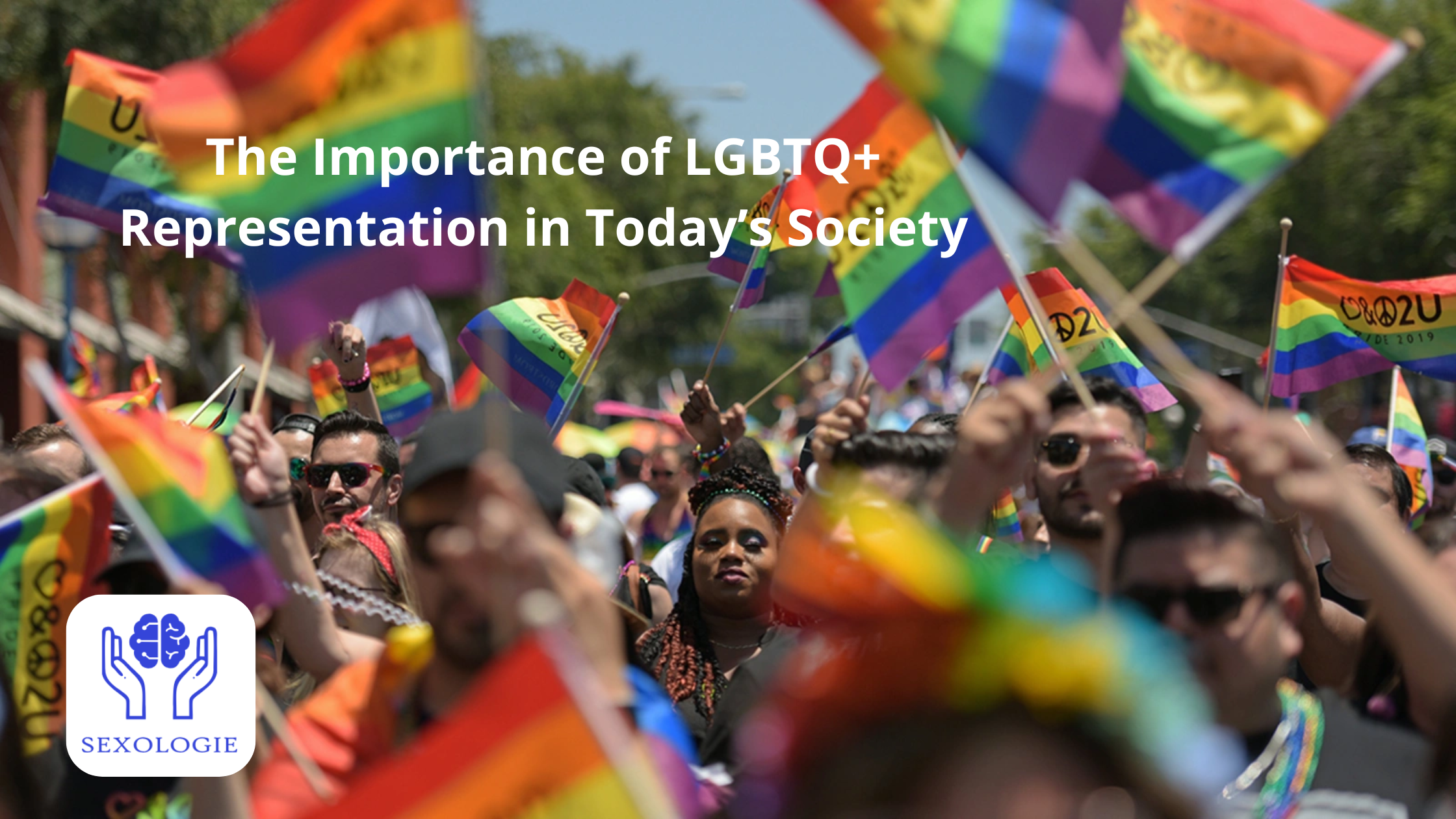The Importance of LGBTQ+ Representation in Today’s Society

In today’s world, representation is more than just visibility — it’s about creating space, fostering understanding, and empowering individuals to live authentically. For the LGBTQ+ community, representation plays a crucial role in breaking stereotypes, challenging prejudice, and building a more inclusive society. Whether in media, politics, workplaces, or education, positive and accurate representation helps ensure that LGBTQ+ individuals feel seen, valued, and respected.
Why Representation Matters
Representation is powerful because it influences how people perceive themselves and others. When members of the LGBTQ+ community see themselves reflected in films, books, leaders, or workplaces, it validates their identities and experiences. On the other hand, lack of representation can reinforce feelings of invisibility and exclusion.
For those outside the LGBTQ+ community, representation fosters understanding and empathy. Exposure to diverse stories and voices challenges harmful stereotypes and helps society move toward equality. Simply put, representation normalises diversity and creates a culture where everyone belongs.
Representation in Media
Media has one of the greatest influences on public perception. Over the past few decades, LGBTQ+ visibility on television, in movies, and across digital platforms has grown significantly. Characters who are openly gay, lesbian, bisexual, transgender, or queer are no longer confined to one-dimensional stereotypes. Instead, many are portrayed as complex, relatable individuals with diverse stories.
This shift is important because media shapes cultural attitudes. When audiences see positive and authentic portrayals of LGBTQ+ people, it humanises their experiences and reduces prejudice. For younger audiences, especially LGBTQ+ youth, seeing themselves reflected in popular culture provides reassurance that they are not alone. Representation can be lifesaving, offering hope and visibility to those struggling with acceptance.
Representation in Politics and Leadership
Beyond media, representation in politics and leadership positions is equally vital. When LGBTQ+ individuals hold positions of influence — whether as lawmakers, activists, or business leaders — they bring unique perspectives to the table. Their presence ensures that the concerns and rights of LGBTQ+ communities are not overlooked.
Leaders who openly identify as LGBTQ+ also inspire others to embrace their identities without fear. Their visibility demonstrates that sexual orientation or gender identity does not limit one’s ability to lead, achieve, or make meaningful contributions to society.
The Workplace and Education
Representation in workplaces and educational institutions is another cornerstone of progress. An inclusive workplace not only celebrates diversity but also boosts productivity and innovation. Employees who feel safe and respected are more likely to perform at their best. Companies that prioritise LGBTQ+ inclusion also demonstrate corporate responsibility, which resonates positively with customers and clients.
Similarly, schools and universities play a vital role in shaping young minds. LGBTQ+ representation in educational materials, faculty, and support programs fosters a sense of belonging for students. Inclusive education reduces bullying, promotes understanding among peers, and helps young people feel confident in their identities.
Breaking Stereotypes and Building Empathy
A key benefit of LGBTQ+ representation is its ability to break stereotypes. Too often, LGBTQ+ individuals have been portrayed through narrow, inaccurate lenses. Realistic representation highlights the diversity within the community — showing that LGBTQ+ people come from all backgrounds, cultures, and walks of life.
By amplifying authentic voices, society gains a more nuanced understanding of the challenges and triumphs faced by LGBTQ+ individuals. This not only builds empathy but also paves the way for equality and acceptance.
The Impact on Mental Health
Representation has a direct impact on mental health and well-being. Studies consistently show that LGBTQ+ individuals face higher risks of anxiety, depression, and suicide due to stigma and discrimination. However, when people see themselves represented in positive ways, it can reduce feelings of isolation and shame.
Representation validates identity, encourages self-acceptance, and provides role models who show that living authentically is possible. This is particularly important for LGBTQ+ youth, who often struggle with acceptance at home, in schools, or in their communities.
Moving Forward
While progress has been made, there is still work to be done. Representation must go beyond tokenism or surface-level inclusion. It should strive for authenticity, diversity, and respect. True representation means amplifying LGBTQ+ voices, telling their stories in their own words, and ensuring that all identities within the spectrum — including transgender, non-binary, and intersex individuals — are acknowledged.
Society thrives when everyone has the opportunity to be seen, heard, and celebrated. By embracing representation in media, politics, workplaces, and education, we can continue to break down barriers and build a future rooted in equality and acceptance.
Conclusion
The importance of LGBTQ+ representation in today’s society cannot be overstated. It fosters understanding, reduces prejudice, empowers individuals, and builds stronger, more inclusive communities. Representation is not just about visibility — it is about justice, equality, and humanity.
As we move forward, we must continue to advocate for authentic LGBTQ+ representation in every sphere of life. Because when everyone’s story is told, society becomes richer, kinder, and more united.